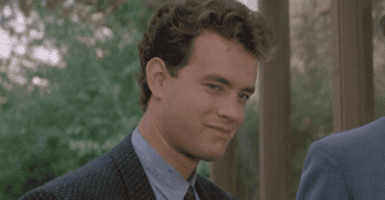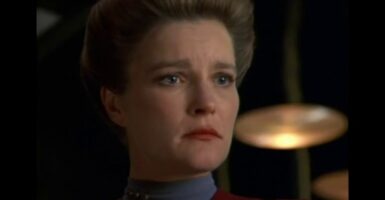Judi Dench Speaks Out Against Trigger Warnings
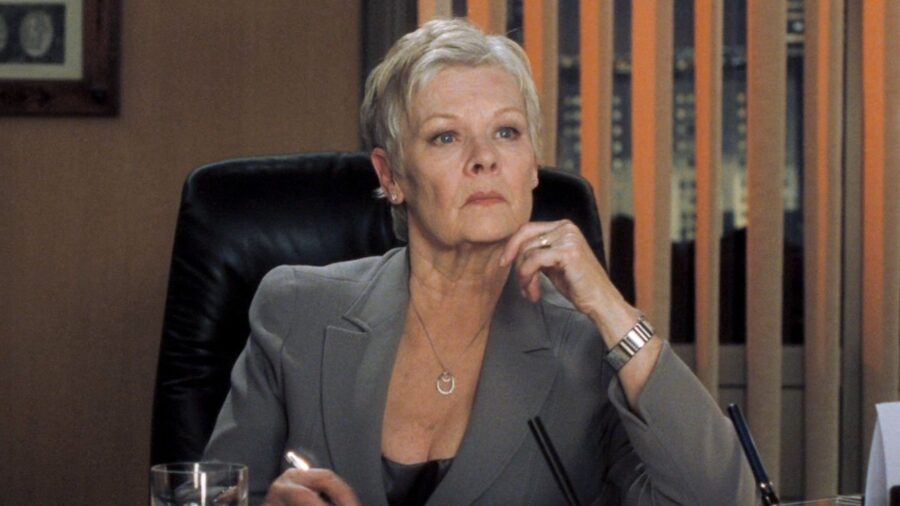
She’s a stalwart of the theatre and screen, a veritable icon of British arts, but that doesn’t stop Dame Judi Dench from speaking her mind—and indeed she has. The veteran actress threw herself into the ongoing debate about the use of trigger warnings in theatrical productions, refusing to mince words: “[I]f you’re that sensitive,” opined Dench, “don’t go to the theatre.”
Hot take conveyed.
Judi Dench Not Having It
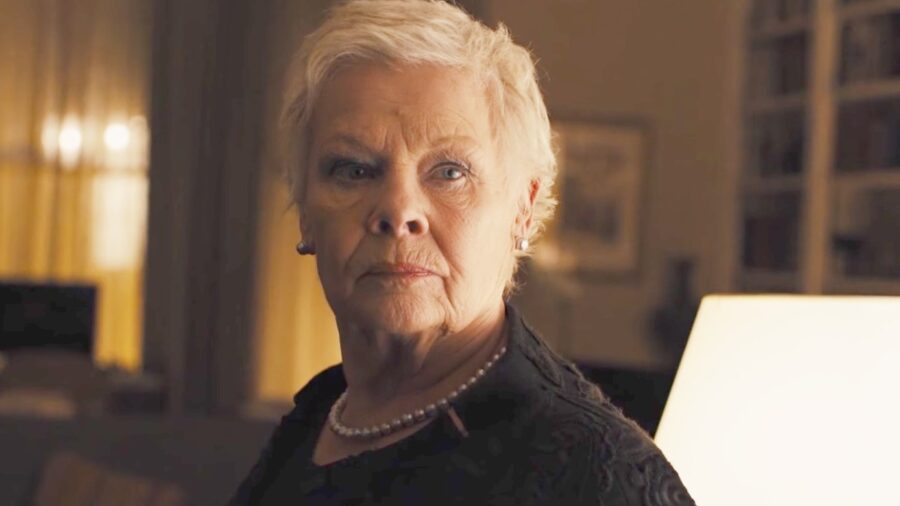
Dench shared her views while speaking with Radio Times (the event was a retrospective on the 1980s sitcom A Fine Romance). Talking with Times, Dench granted that trigger warnings theoretically have their place, at least in certain situations; still, the actress pointed out, might they not worsen the audience’s experience?
Do they not, Judi Dench wondered, rob the experience of its surprise–disarm its ability to force audiences into their own understanding and analysis?
How Did It Get To The Theatre?
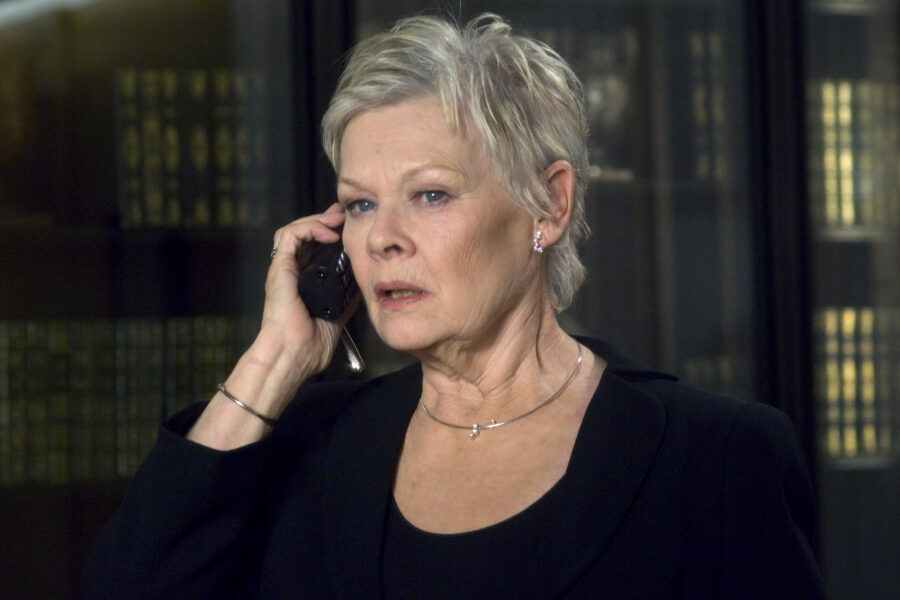
The actress also prefaced that bold stance by expressing incredulity that such trigger warnings take place at all. She was half-joking that the required trigger warnings for Shakespearean masterpieces like King Lear and Titus Andronicus would necessitate lengthy explanations indeed. To hear Dench tell it, it’s almost unbelievable that such PC safeguards would infiltrate the theatre.
Just Don’t Go

The actress effectively said the quiet part out loud: why go to the theatre if you are pre-warned about the play’s most challenging parts?
Judi Dench volunteered that the reason we leave our homes and see dramatic art in person in order to witness “something that you can be excited, surprised, or stimulated by?”
Dench even joked that trigger warnings are basically giant spoilers telling you which characters are dead.
It’s thus tempting to envision audiences streaming into Macbeth or Hamlet only to be told, via some trigger warning pamphlet, that “Lady Macbeth is kind of mean” or “Everyone is going to die by the time Hamlet gets around to making a decision.
Joining Ralph Fiennes
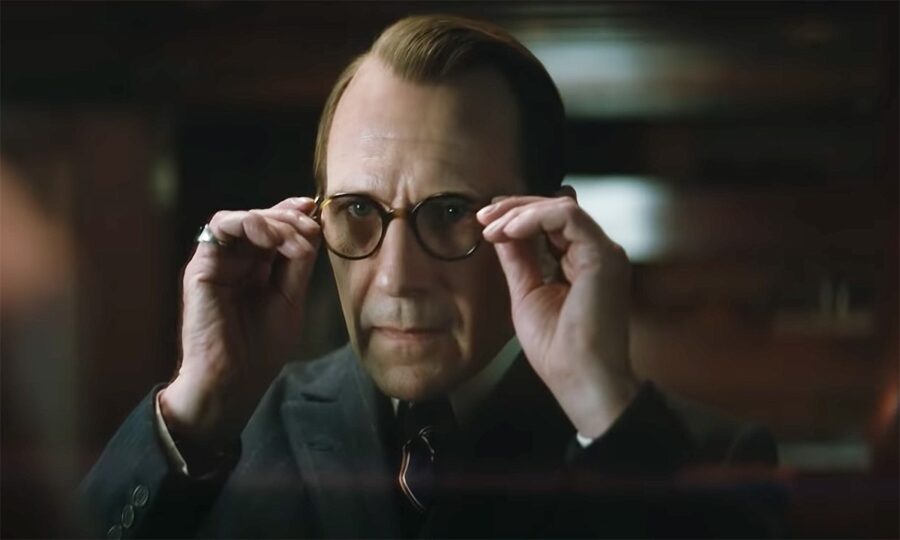
That said, Judi Dench was fair-minded–acknowledging that warnings ahead of theatrical productions could function to “prepare people.”
Dench joins another shining star of British acting, Ralph Fiennes, who suggested earlier this year that all pre-show warnings about potentially upsetting content should be nixed completely. In Fienne’s eyes, the essence of theatre is to both “shock” and “disturb” audiences.
Given that, the only things that should be mentioned ahead of time, according to the actor, are strobe lights or anything that could have an actual physical effect.
Matt Smith Speaks As Well
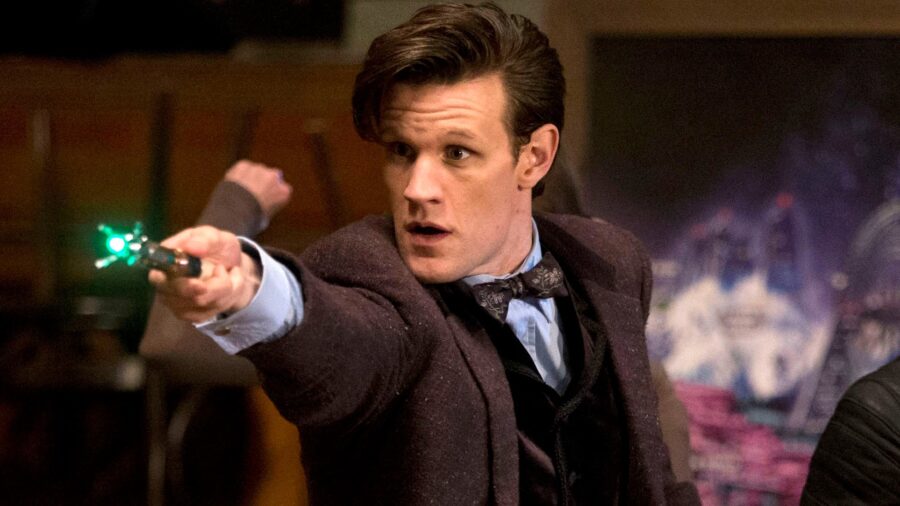
Fiennes’s stance made waves, resonating with countless figures in the theatre community; Judi Dench’s should as well.
The backlash to trigger warnings in theatre from its most prominent names did not stop there. For example, Doctor Who star Matt Smith seconded Fiennes’ views.
The fan-favorite of the beloved sci-fi series opined that on some level, shock comprises a significant draw of the theatre, catapulting us from the comfy confines of our perspectives. When are shocked, Smith conveyed, we “recognized ourselves.”
Judi Dench Pushing Forward
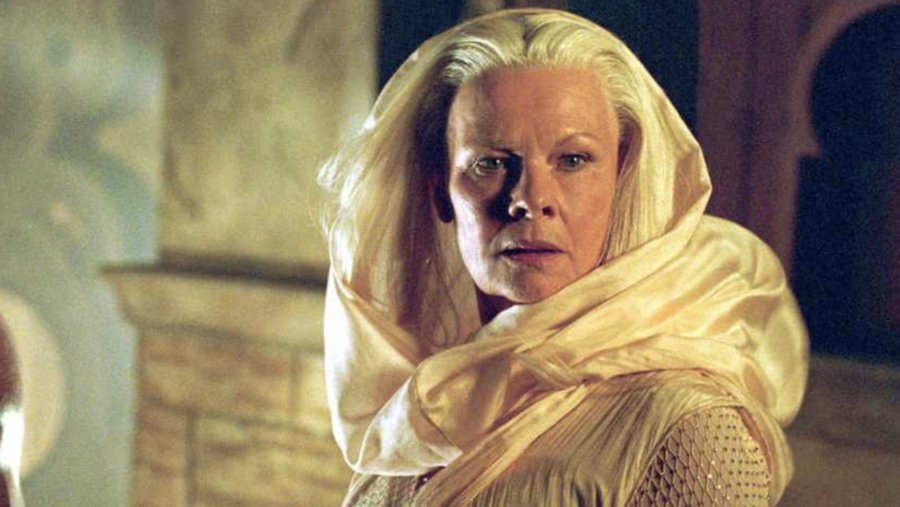
Ultimately, Dench’s remarks move the conversation forward. Her words contribute a seasoned perspective to the discussion, one that reflects a broader debate surrounding trigger warnings in the arts and their effect on audience engagement.
That being said, as the conversation marches along, enlivened by Judi Dench’s pointed words, it remains to be seen how exactly theatres will balance sensitivity with the innate unpredictability—and excitement—defining live performances.
Source: Radio Times











